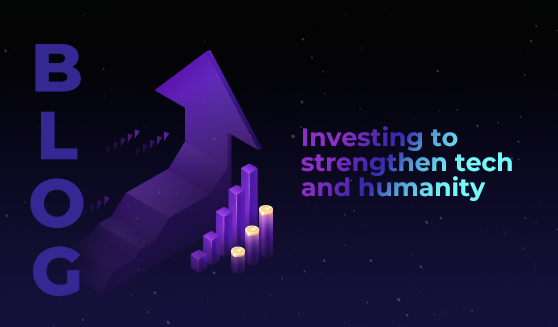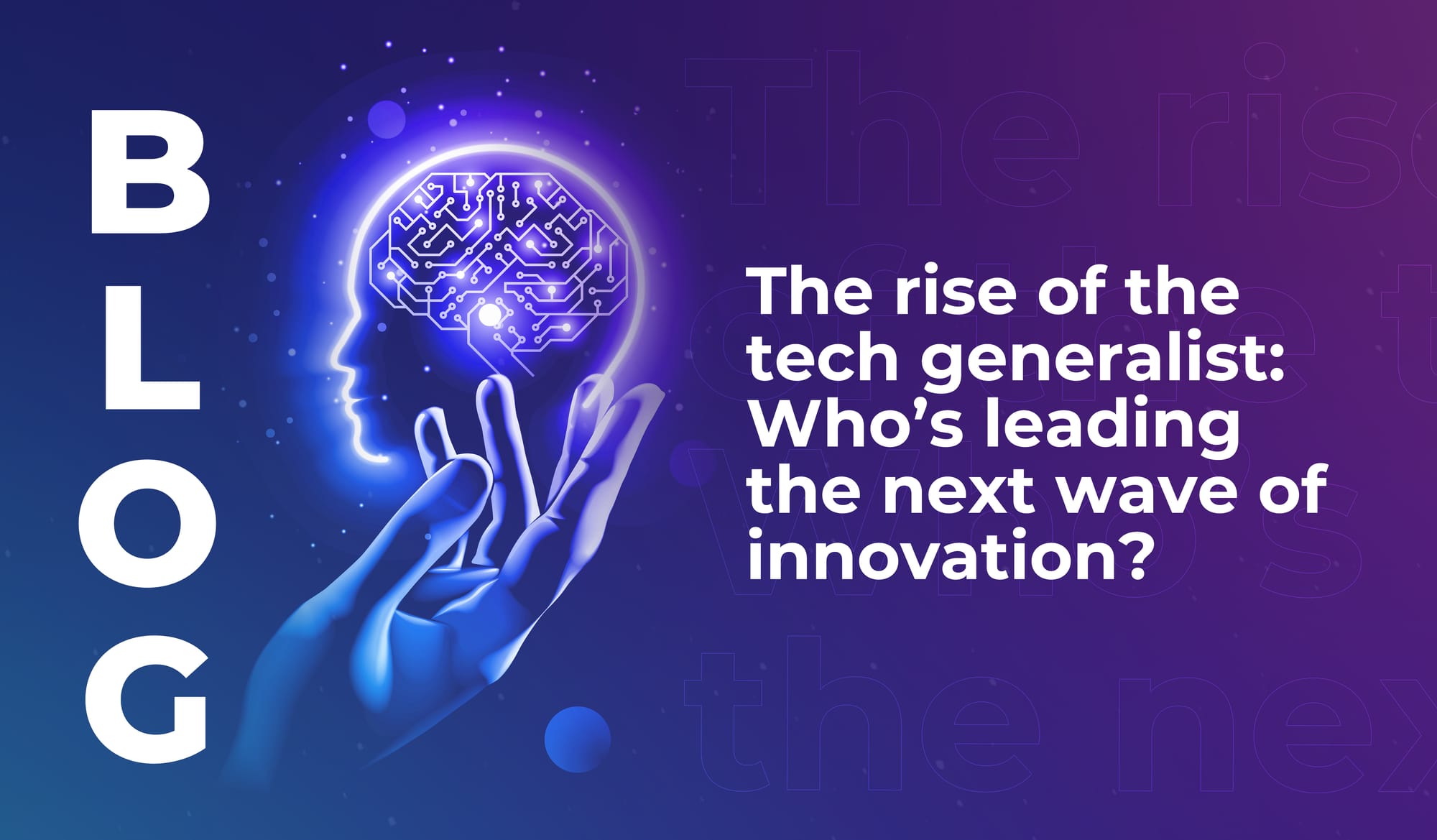
Tech careers with impact: The power of investing
If you’ve ever thought about becoming a tech investor, read this – learn why investors are the quiet force shaping the future of the industry.


Reema Khan (CEO at Green Sands Equity) founded her boutique private equity investment firm in 2016. Currently based in Green Sands Equity’s San Francisco office, she is responsible for all aspects of the firm’s investment strategy – as well as the team and operations across its global network.
With a large political and diplomatic network, Khan specialises in strategic advisory for governments to support their branding for foreign direct investment. She’s also a Managing Member of the United Nations Women in Science & Technology Platform, on behalf of the Royal Academy of Science International.
Each year, Khan hosts the Green Sands Global Summit; “an exclusive, off the record, invitation-only meeting of 50 global leaders that span intelligentsia, business, and government.” And in 2019 she launched the Green Sands Prize to honour an individual or organisation with the potential to have profound impact.
In short: Khan has a huge breadth and depth of wisdom to share for investors and entrepreneurs. We asked her some quick-fire questions – and here’s what she told us.
“From Generative AI to Quantum Computing to the Space Industry, while we are strengthening our tools, we are also strengthening human beings by leaning into Biology and Neuroscience.”
Khan’s recent investments include:
“Great opportunities in tech and biotech. While the UAE has become more of a service economy, Saudi Arabia has a real chance at becoming the innovation economy.”
Reema Khan is one of 1,600 investors who came to LEAP 2024 to share their experience, build their network, and discover new potential investments. But don’t worry if you missed it – we’re already working on the 2025 edition, and we’d love to see you there.
It’s one of the best places in the world to connect with leading tech investors and catalyse growth for your business. Pre-register now for LEAP 2025.

If you’ve ever thought about becoming a tech investor, read this – learn why investors are the quiet force shaping the future of the industry.

Tech generalists will enable emerging technologies to integrate across industries and societies in meaningful ways. We still need specialists – but we also need big-picture people.

Discover three tech sectors facing a talent shortage this year. Could you find your ideal role in a high-demand sector like cybersecurity, cloud computing, or artificial intelligence?

If you’ve ever thought about becoming a tech investor, read this – learn why investors are the quiet force shaping the future of the industry.

Tech generalists will enable emerging technologies to integrate across industries and societies in meaningful ways. We still need specialists – but we also need big-picture people.

Discover three tech sectors facing a talent shortage this year. Could you find your ideal role in a high-demand sector like cybersecurity, cloud computing, or artificial intelligence?